Atrial Fibrillation Treatment In Elderly
Atrial fibrillation treatment in elderly. Atrial Fibrillation Treatment in Elderly Patients AFib patients over 65 should know that they have options. Usually this is sufficient to control the symptoms in symptomatic patients and it is also the treatment choice in asymptomatic patients. Atrial Fibrillation Definition Atrial Fibrillation AKA Afib is an irregular electrical activity that starts in the upper chambers of the heart Can make the heart rate slow or fast Can be intermittent or constant Results in an increased risk of stroke.
Treatments for atrial fibrillation include medicines to control heart rate and reduce the risk of stroke and procedures to restore normal heart rhythm. Invasive Treatment of Atrial Fibrillation in the Elderly Invasive strategies for rate and rhythm control of atrial fibrillation including AV node ablation with pacemaker implantation catheter-based ablation of atrial fibrillation and the Cox-Maze procedure may eventually prove more effective than pharmacologic agents. There are several different approaches for atrial fibrillation treatment in elderly.
Anticoagulant treatment with vitamin K antagonists is also beneficial for the elderly population. Management and treatment of AF in this rapidly growing population of older patients involve a comprehensive assessment that includes comorbidities functional and social status. Rivaroxaban 15 mg once daily if GFR 30-49.
Intravenous beta blockers diltiazem or verapamil may be administered to slow immediately a very rapid ventricular rate in AF. Vitamin K antagonists VKAs have long been the only anticoagulants available for the management of AF. The oldest patients are less likely to be treated with warfarin as problems such as frailty and falls increase concerns about bleeding and adherance to the required monitoring becomes more difficult.
In elderly patients arbitrarily defined as aged 75 years the management of atrial fibrillation varies. When comparing those on anticoagulant therapy versus those only on antiplatelet therapy in the very elderly the incidence of major bleeding was similar 41 versus 39 respectively but higher than in those without any antithrombotic therapy 41 versus 28. The Birmingham Atrial Fibrillation Treatment of the Aged BAFTA study Mant et al 2007 demonstrated that warfarin was superior to aspirin in reducing thromboembolic events in elderly patients age 75 years.
An oral beta blocker verapamil or diltiazem should be used in persons with AF if a fast ventricular rate occurs at rest or during exercise despite digoxin. It may be possible for you to be treated by a GP or you may be referred to a heart specialist a cardiologist. The cornerstone in therapy of AF is thromboembolic protection.
Dose reduction in selected patients. These benefits are preserved in elderly patients.
Rate control allows AF to persist controlling the heart rate with medications that slow down the conduction through the atrioventricular AV node.
It requires an individual approach which largely depends on comorbid conditions underlying cardiac disease and patient and physician preferences. Atrial Fibrillation Definition Atrial Fibrillation AKA Afib is an irregular electrical activity that starts in the upper chambers of the heart Can make the heart rate slow or fast Can be intermittent or constant Results in an increased risk of stroke. It may be possible for you to be treated by a GP or you may be referred to a heart specialist a cardiologist. A rate-control treatment a beta-blocker other than sotalol or a rate-limiting calcium-channel blocker is recommended as first-line treatment for most people with AF. One of the difficulties with VKA therapy is its narrow therapeutic range. Rivaroxaban 15 mg once daily if GFR 30-49. Atrial Fibrillation Treatment in Elderly Patients AFib patients over 65 should know that they have options. The cornerstone in therapy of AF is thromboembolic protection. Dose reduction in selected patients.
Because of concerns about the risk for bleeding and difficulties with the required monitoring many patients with atrial fibrillation are not treated with warfarin. There are several different approaches for atrial fibrillation treatment in elderly. Vitamin K antagonists VKAs have long been the only anticoagulants available for the management of AF. Usually this is sufficient to control the symptoms in symptomatic patients and it is also the treatment choice in asymptomatic patients. Atrial Fibrillation Treatment in Elderly Patients AFib patients over 65 should know that they have options. The cornerstone in therapy of AF is thromboembolic protection. These benefits are preserved in elderly patients.
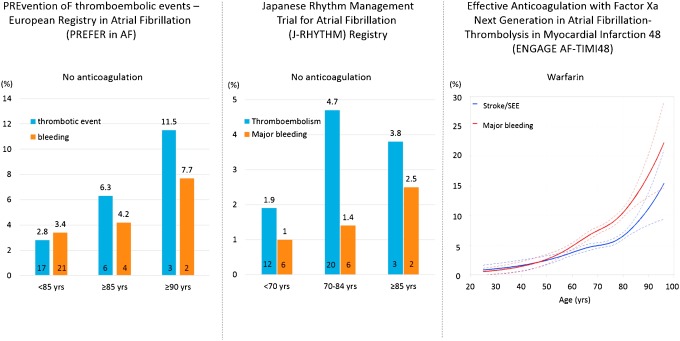




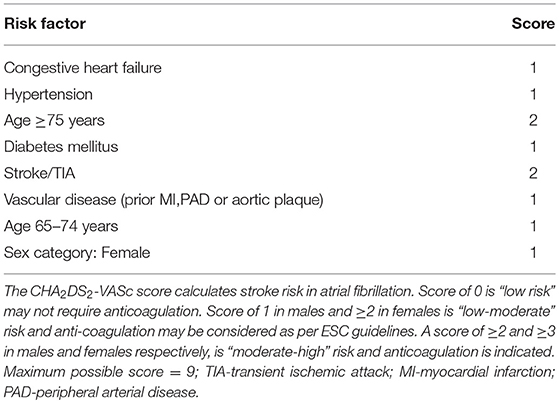


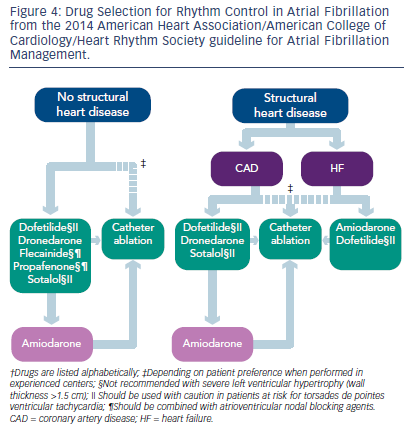
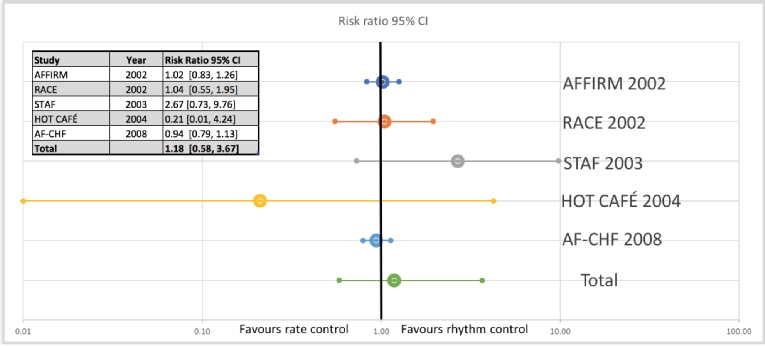











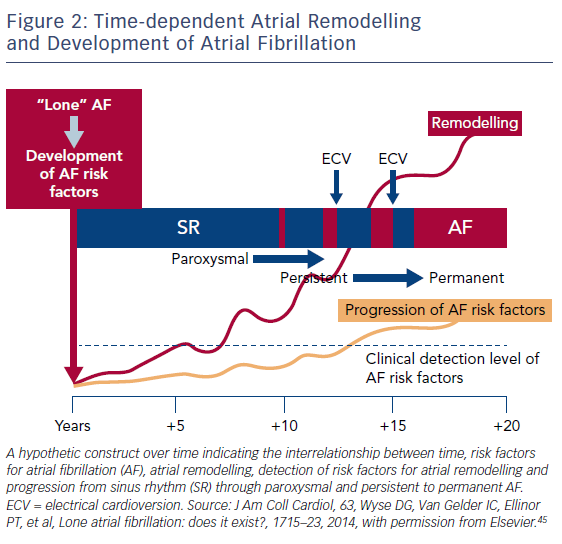






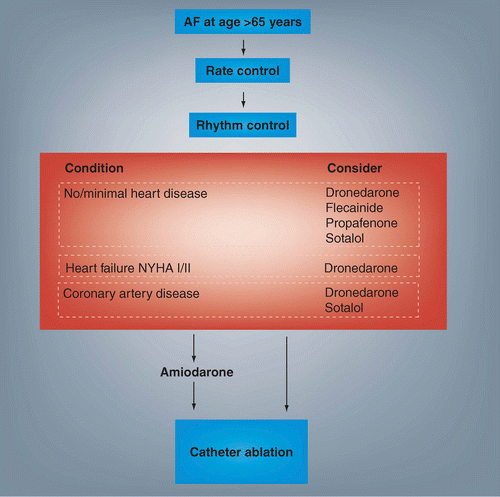











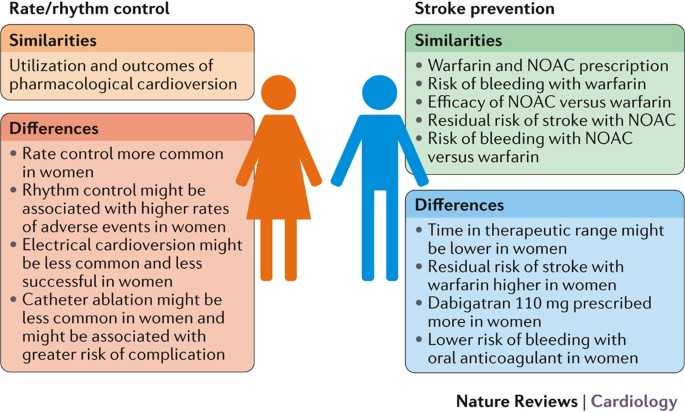

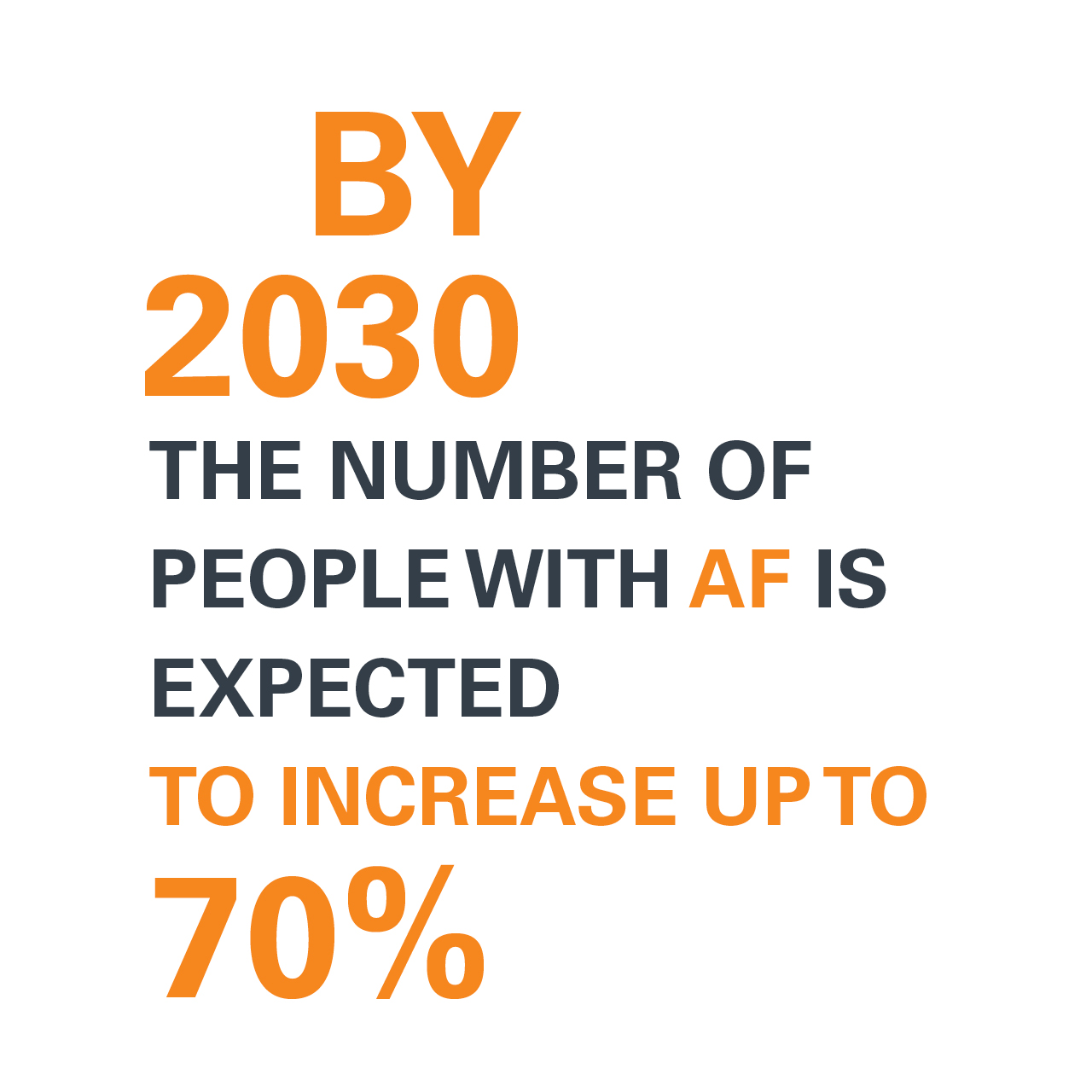


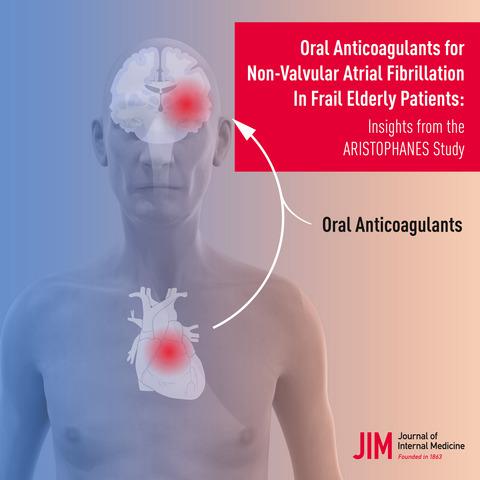


Posting Komentar untuk "Atrial Fibrillation Treatment In Elderly"